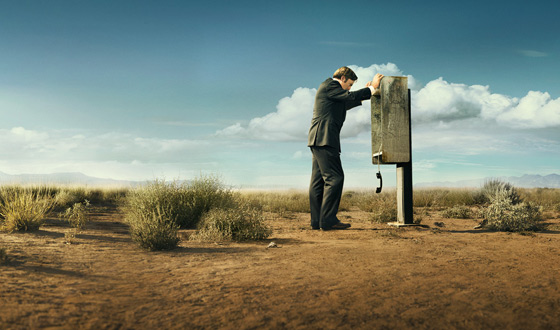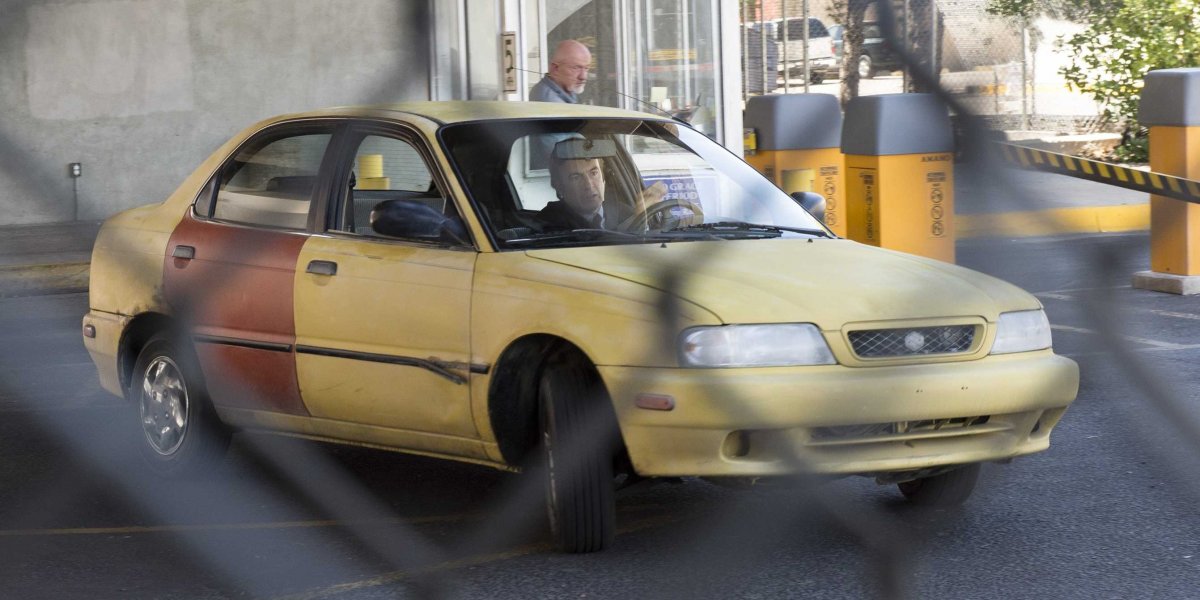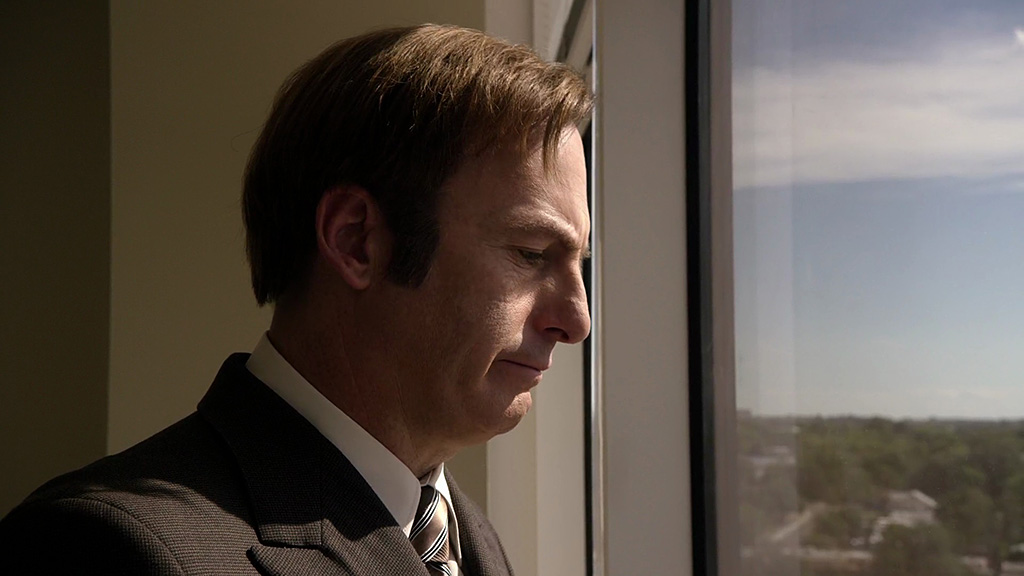Charlie Chaplin once said that humor is a way for people to discover the irrational in the rational, and that it heightens our sense of survival and preserves our sanity. If humor is indeed an acute response to the things we fear and do not understand, I should have an easier time justifying why my favorite shows often fuse comedy with the sad, the unpleasant and even the downright morbid. It is perhaps also why I'm bad at memorizing dinner party jokes, which rarely seem to build up to a profound sense of pathos (talk about being a major party pooper!) On the other hand, I keep insisting to people that the Coen brothers' re-telling of the Book of Job, A Serious Man, is one of the funniest films ever made, for there is nothing quite like witnessing an endless streak of horrific events engulfing a man who, by most standards of moral measure, is a perfectly good person. Schadenfreude much? Perhaps so, though I would like to think that my appreciation of the tragicomic cuts deeper than just gloating over someone else's misfortune: it is also about investing in a character up to the point where their misery becomes yours, and the shared incredulity over their plight eventually manifests in the fight-or-flight response of laughter. On that basis, giggling nervously to the climactic body horror scene in Takashi Miike's Audition should be a perfectly normal reaction, right?
Most recently, I've been marveling at the mystifying symbiosis of tragedy and comedy in the first season of AMC's Better Call Saul, which finds its hero, everyman lawyer Saul Goodman, wallowing in various pitiable states of existential crisis – including a rather literal wallow in someone's smelly dumpster. Homer Simpson might point out the ironic effect of such scenarios, and I would further add that the laugh-out-loud moments of the show (and there are plenty) work so well because the real impetus, the character driven drama, always feels genuine and heartfelt. In fact, it is this heartening quality that makes Better Call Saul more humane, and thus more engrossing, than its influential predecessor, the almighty crime drama Breaking Bad.
WARNING: SPOILERS AHEAD!
The opening scene of Better Call Saul pulls the rug from under anyone looking for a comedic quick fix after the conclusion of Walter White's methventure tales. Shot in a highly cinematic black and white style, and accompanied by an aptly gloomy ballad by the Ink Spots, you get the sense that we're dealing with more than just a bunch of zany adventures by Breaking Bad's beloved criminal lawyer gone criminal. The first scene depicts Saul (played by Bob Odenkirk) working in a crummy Cinnabon store under a fake identity, possibly hiding from the comeuppances generated by the trail of blood and betrayal in Breaking Bad's storyline.
But lo, rather than exploring the fate of the character thereupon, we are instead transported to the past in which “S'all good, man” still employs his Christian name James “Jimmy” McGill. Jimmy is more or less a straight up public defendant, diligently protecting the rights of elderly citizens who are scammed by nursing homes and frat boys who have sex with heads (you need to see it to believe it). Life is, however, far from peachy. For one thing, Jimmy keeps discovering that scrupulous lawyering in New Mexico is really tough work, and the state's paychecks are barely enough to keep the business afloat. I mean, just look at the car the man drives.
Considering that Breaking Bad was an incredibly tough act to follow, most people would have probably settled for a humble prequel premise in which Jimmy is given a quirky court case every episode, which he then neatly resolves before the funky end credits start rolling. Yet co-creators Vince Gilligan and Peter Gould have outdone themselves by fleshing out a spin-off character with immense depth and far-reaching ambition: Jimmy is essentially a good person trying to do the right thing, yet his efforts are constantly undermined by the murky choices of his past life and the near-cosmic coincidences of his present one.
The tragic side of Jimmy is best reflected through the relationship he has with his brother Chuck (played by the terrific Michael McKean), a high-profile lawyer whose rare condition of electromagnetic hypersensitivity prevents him from leaving the confines of his house. So what does Jimmy do? He ends up hauling food, portable fuel and daily papers to his brother every single day, without complaint or expectations of gratitude. Yet, at the same time, we sense a discord between the two men, something that might compromise the way Jimmy's looks up to his big brother.
There is an invisible quality in Odenkirk's and McKean's chemistry that feels endlessly captivating to me. Perhaps it is because I have a younger brother myself, and I can readily connect with the sheer honesty in which Better Caul Saul evokes TV's finest portrayal of brotherhood: the comradery, the rapport, the rivalry and the love that hardly needs to be expressed in words. Much of this is realized in subtle gestures and motions; in a particularly touching scene, Chuck quietly finds a pillow for a passed out Jimmy to rest his head on. It's moments like this that always drew me to the story of Breaking Bad, and in their latest show Gilligan and Gould have damn near perfected the craft of understated characterization.
Jimmy's tale is far from over: season 2 of Better Call Saul will be rolling out early 2016, further exploring his transformation into the wisecrack crook Saul Goodman. And in already knowing where his life is ultimately headed, we can anticipate the sadness ebbing and flowing beneath the Matlock suits and sex toilet jokes. It is surely a testament to Bob Odenkirk's comedic range that he has managed to wrench so much laughter out of a protagonist whose life is largely a composite of sorrow and regret. When Charlie Chaplin was awarded a lifetime Oscar back in 1972, the award presenter declared that: "Chaplin made more people laugh than anyone in history; yet always, just beneath the hilarity, were the fears and sorrows of every man." I believe that Odenkirk's performance captures that very same essence.


